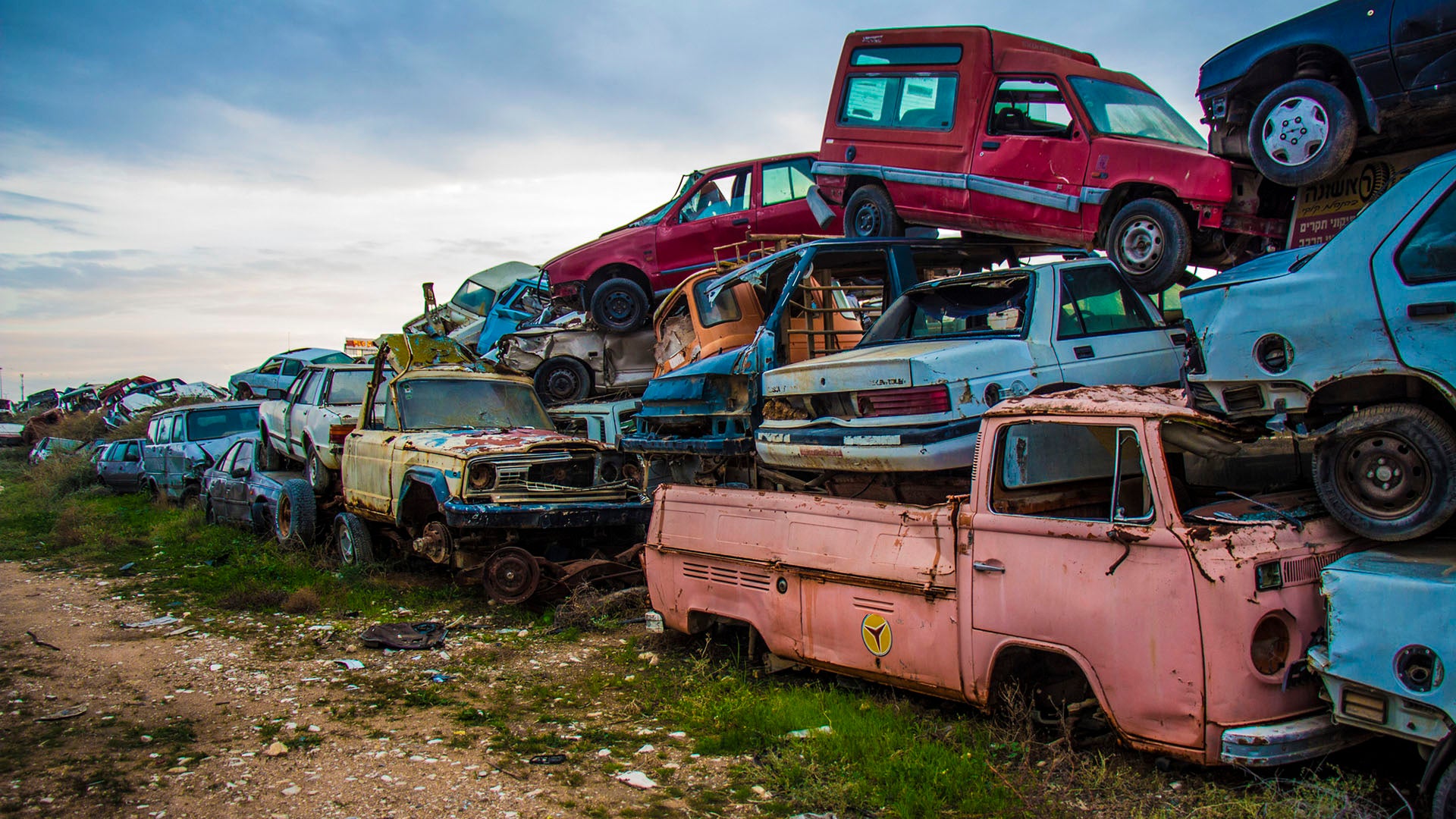Introduction
In today’s world of constantly evolving technology and environmental awareness, the concept of recycling and reusing has gained significant importance. One area where this concept is prominently applied is in the disposal of old, non-functional, or unwanted vehicles, commonly known as scrap cars. This comprehensive guide aims to delve into the world of scrap cars, comparing different aspects and shedding light on their significance.
What is a Scrap Car?
A scrap car is a vehicle that has reached the end of its useful life or has been damaged to an extent where repairing it is not economically feasible. These vehicles are typically sold to scrapyards or recycling centers where they are dismantled, salvaged for reusable parts, and recycled for materials like metal, plastic, rubber, and more.
Understanding Scrap Car Comparison
Scrap Car vs. Regular Sale
When considering getting rid of an old vehicle, owners often face the dilemma of whether to sell it through traditional means or sell it as scrap. The decision depends on various factors, such as the car’s condition, repair costs, market demand for used cars, and the owner’s preference.
Advantages of Selling as Scrap:
- Quick Disposal: Selling a car as scrap is often quicker compared to finding a buyer for a used vehicle.
- No Repairs Needed: Scrap cars can be sold in any condition, eliminating the need for costly repairs.
- Environmental Benefit: Recycling a vehicle reduces the environmental impact by reusing materials.
Advantages of Selling Through Regular Sale:
- Higher Potential Earnings: A used car in good condition can fetch a higher price compared to its scrap value.
- Market Demand: In areas with a high demand for used cars, selling it traditionally might be more profitable.
- Potential for Private Sale: Selling directly to an individual may yield better returns compared to trade-ins or dealerships.
Scrap Car Services Comparison
Various companies specialize in purchasing scrap cars, offering different services and benefits. When choosing a service, consider aspects such as convenience, offered price, towing services, and environmental policies.
Key Factors to Evaluate Scrap Car Services:
- Price Offered: Compare quotes from different scrap car services to get the best deal.
- Towing Services: Some services offer free towing, making the process more convenient.
- Environmental Practices: Opt for services that follow eco-friendly recycling practices.
- Customer Reviews: Check reviews and ratings to gauge the service’s reliability and customer satisfaction.
Benefits of Scrapping a Car
Environmental Impact
Scrap cars are an environmentally responsible choice. When vehicles are recycled, valuable resources like metal, glass, and plastic are recovered, reducing the need for new raw materials. Additionally, proper disposal prevents harmful substances like motor oil, coolant, and battery acids from polluting soil and water sources.
Economic Benefits
Selling a car as scrap can provide immediate financial benefits. Even though the monetary return might be lower compared to selling a functional vehicle, it eliminates ongoing maintenance costs and potential repair expenses, saving money in the long run.
Space and Convenience
Old, non-functional cars occupy valuable space on properties. Removing these vehicles not only frees up space but also enhances the aesthetics of the surroundings. Moreover, disposing of a scrap car is a hassle-free way to declutter, simplifying life for the owner.
Conclusion
Understanding the nuances of scrap car comparison with traditional sale methods and the numerous benefits they offer sheds light on their significance in today’s automotive landscape. Scrapping a car not only contributes to environmental sustainability but also provides economic and practical advantages. By making informed decisions and considering various options, owners can efficiently dispose of old vehicles while contributing positively to the environment and their wallets. Embracing the scrap car disposal process is not just a responsible choice but also a step towards a more sustainable future.
See our latest article by clicking here

